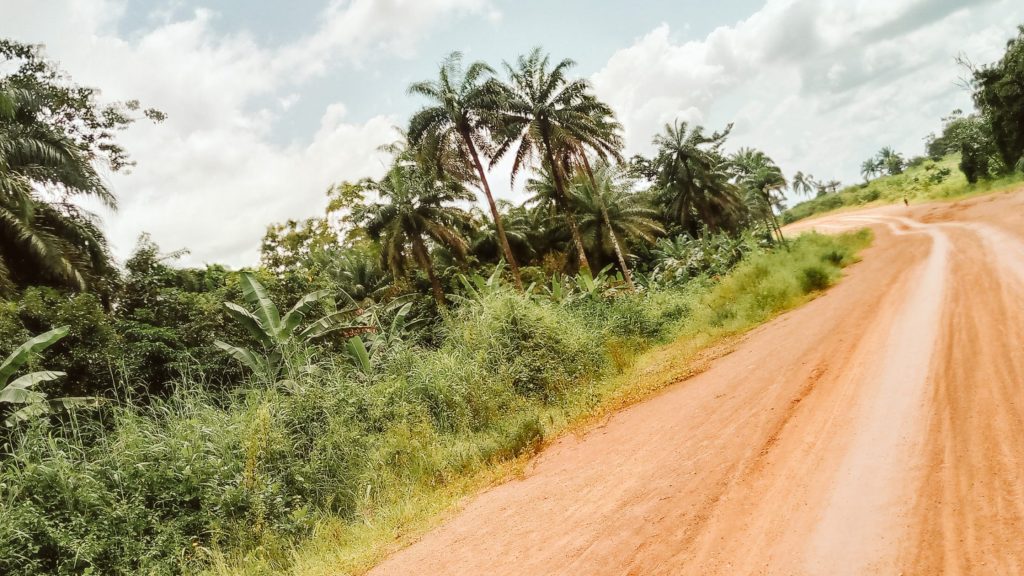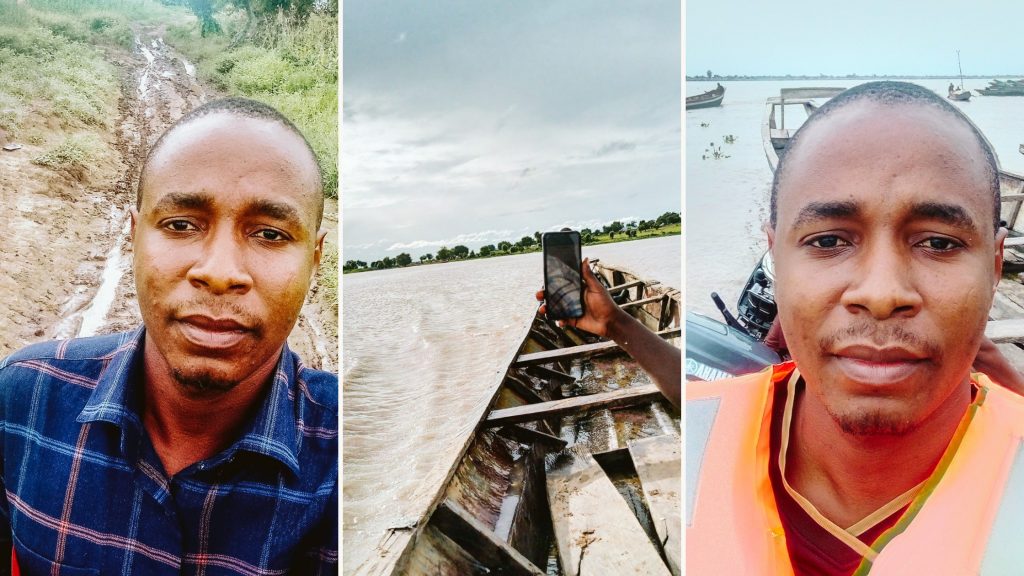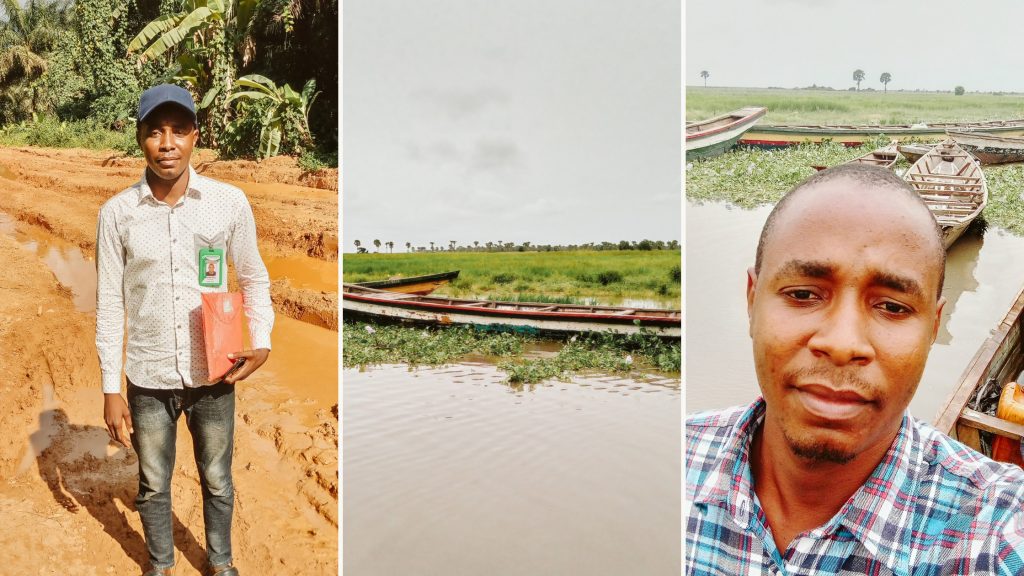We’re crossposting a blog post by New Incentives, one of our grantee organizations and Top Charities. New Incentives promotes vaccination in Northern Nigeria by providing cash incentives to parents and caregivers. Recently, one of New Incentives’ field officers wrote about his experience collecting program data.
GiveWell asks all of our Top Charities to share detailed monitoring information, which we review to assess the quality of program implementation and the number of children reached. We also use this data as part of our cost-effectiveness analyses, which are the basis of our funding decisions.
We’re sharing this post to provide a firsthand account of how that monitoring data is collected. We recognize that individual stories about a program can be misleading, as they can often highlight the best examples rather than typical cases. Still, we hope Sanusi’s experience opens one small window into the efforts our Top Charities take to ensure high-quality implementation; for more rigorous information about the extent of New Incentives’ monitoring and evaluation efforts, see this section of our review of the program.
You can read the original post on New Incentives’ website, and sign up for New Incentives’ email newsletter here.
***
Boats, Motorbikes, and Vaccines: My Travels to Hard-to-Reach Areas of Nigeria to Collect High-Quality Data
Sanusi Bala Sanusi, January 25, 2024
As a field officer conducting rapid assessments, my job involves traveling to remote, hard-to-reach communities to interview caregivers and collect data on immunization coverage in their community. Along with either a community leader or someone they assign to help, I work to obtain reliable, evidenced-based, and actionable data from the caregivers for proper planning and interventions by New Incentives in northern Nigeria.

Rapid assessments are coverage monitoring surveys that typically take place every six months to measure the proportion of vaccinated children in a given geographic area, along with other related indicators, giving the organization an estimate of its ongoing impact on vaccination coverage. (Learn more about this data.)
Before starting an initial screening, I get verbal and written consent to proceed with the survey. I explain to caregivers that our discussions are strictly confidential and solely for use by New Incentives – All Babies Are Equal (NI-ABAE—this is how the organization is referred to in Nigeria) for internal decision-making processes and future interventions, also noting that overall results will be shared with the state.
In the initial screening, I check to see if any children aged six to 12 months live in the household (and have been living in the same area for at least six months). If the child’s caregiver is available and willing to be interviewed, I conduct the routine immunization survey.
The survey takes around 45 minutes and covers various household characteristics, the child’s immunization status, and other healthcare-seeking behaviors of the household. During the interviews, I make sure to ask the right questions to get accurate responses. One thing that was always reinforced in our training and by my manager is that consistency is key; questions that I ask to one caregiver should be the same as what my colleague is asking another caregiver.
Some community members inform me that they’re happy and thank NI-ABAE for remembering them; they’ve told me that staff from other organizations sometimes don’t show up for appointments and meetings in the community, but NI-ABAE never fails to show up.
I also sometimes conduct back-checks after a surveyor finishes their data collection. That means that I am sent to the same houses the previous surveyor visited to collect data and ask the participants the same questions, which are later compared to discover whether the right questions were asked or whether there has been a breach by the first surveyor. I also sometimes conduct spot-checks for new colleagues while they are administering surveys to make sure they are following organizational protocols.
I sometimes have to travel very far distances over difficult terrain to reach respondents. In September, I took a seven-hour journey to Dampar, a community in Ibbi LGA, in Taraba State, first traveling by car for over 100 kilometers and then hiring a motorbike to navigate through difficult and muddy terrain for over 37 kilometers to reach the banks of the Benue River. After that, I boarded a canoe to travel a short distance before berthing at the settlement. In October, I traveled for approximately 70 km by boat from Ibbi, which can take up to 12 hours on a local boat used by local merchants buying grains and other items, but if you’re lucky, and a high-speed boat is available, it takes two hours.
I’m a graduate of Science Laboratory Technology, with a major in microbiology. During my final year project for the completion of my bachelor’s degree, I participated in the collection of fruit samples from different vendors. This involved interviewing vendors to determine the reasons for fruit spoilage before taking samples for laboratory analysis and culture. This fieldwork helped prepare me for all kinds of field activities and data collection assessments. In addition, I have taken courses in public health and epidemiology, which prepared me to carry out different data collection methods, including key informant interviews, focus group discussions, and questionnaires related to public health.
To boost vaccination rates for babies, New Incentives continues to engage its field officers in the disbursement of small cash transfers as incentives to encourage mothers to bring their infants for immunization against deadly diseases that vaccines can prevent, thereby reducing Nigeria’s more than 2.2 million zero-dose infants, a large percentage of whom are living in the northern parts of the country.
Working with New Incentives as a field officer has made me understand the importance of high-quality data. At New Incentives, hard-to-reach communities with difficult terrain are not neglected. As long as an area is inhabited and safe, we will go there, interview the caregivers, and get the right data.


